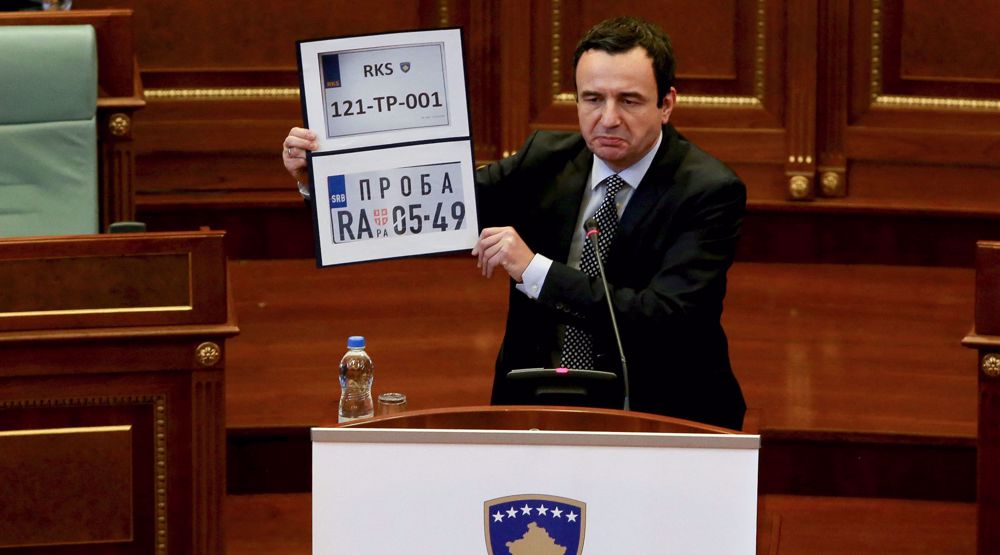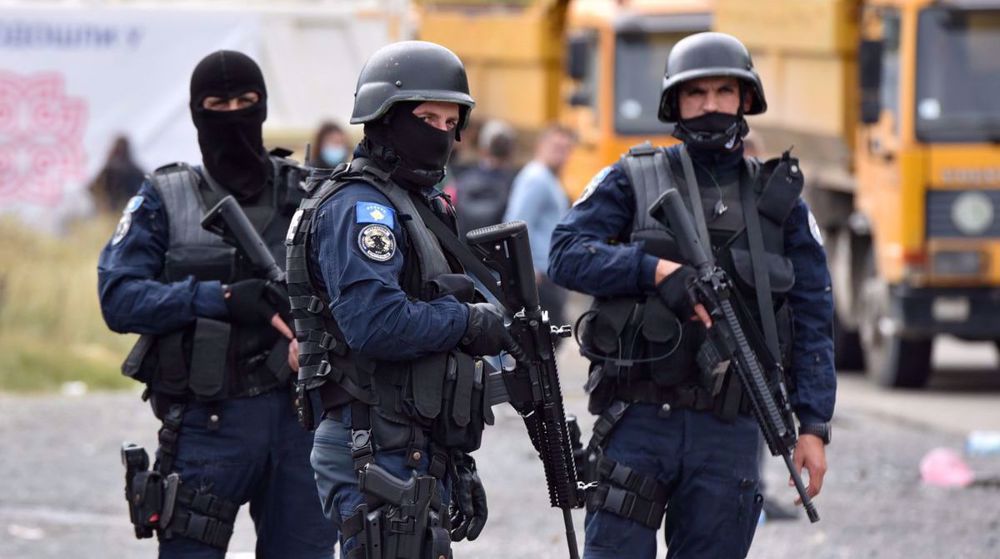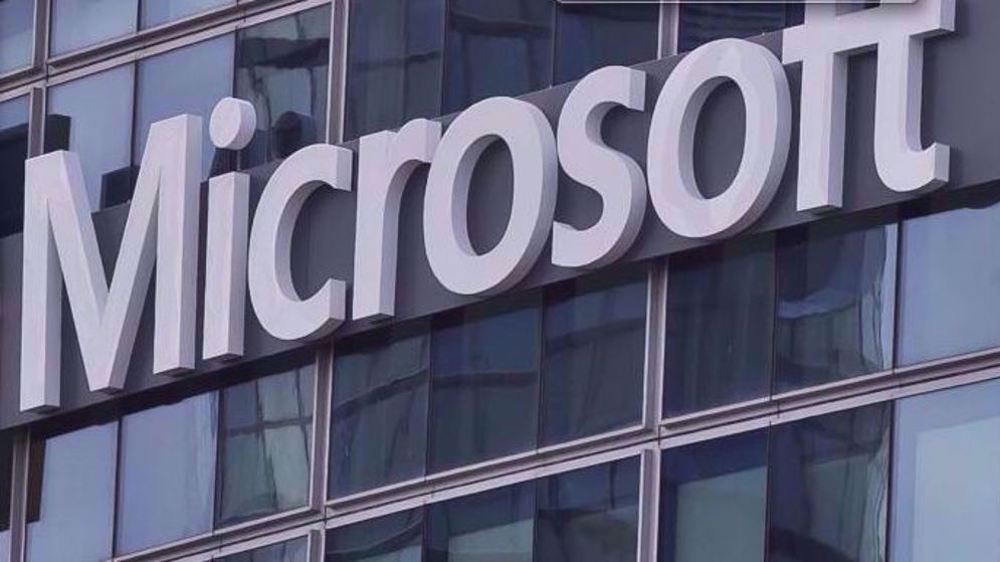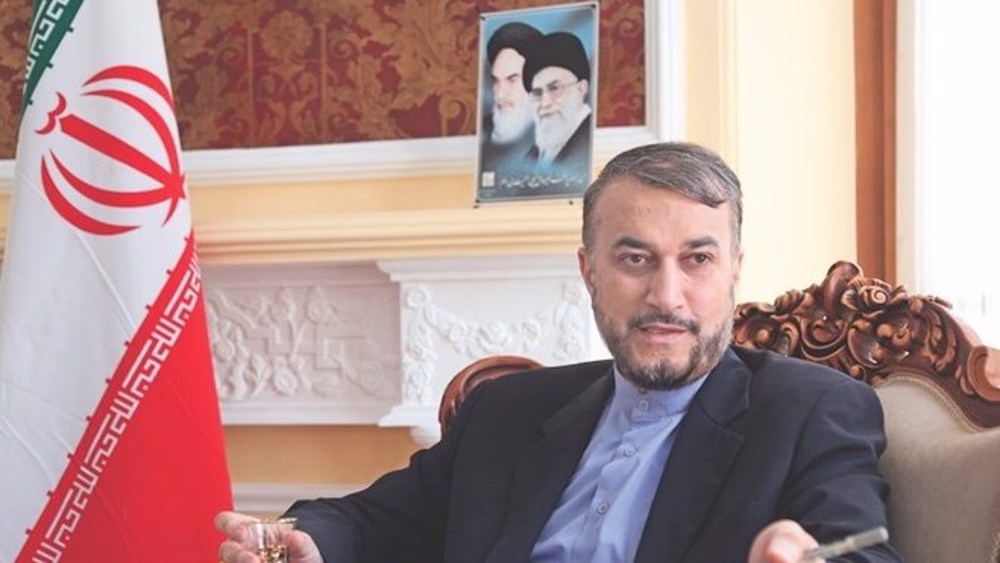Kosovo accuses Serbia of seeking ‘conflict’ by provoking ethnic Serbs
Kosovo and Serbia could be headed for a fresh flareup of tensions, as Pristina has accused Belgrade of trying to provoke “a serious conflict” between the two neighbors by inciting local Serbs to attack civilian facilities near the border.
Police said Saturday that two interior ministry offices in northern Kosovo were attacked near border crossings by local Serbs angered by a ban on cars with Serbian license plates entering the country.
Kosovo’s Prime Minister Albin Kurti told reporters that the attacks on vehicle registration offices in Zubim Potok and Zvecan were encouraged by the Serbian government.
"Serbia is encouraging them and supports them clearly," Kurti said, describing the attacks as a "terrorist act."
"Serbia abuses the citizens of Kosovo in order to provoke a serious international conflict."
The PM said Kosovo's ban on Serbian vehicles was reciprocal and called on Belgrade to start recognizing Kosovo car license plates to allow free movement of people and goods.

He said that the special police units deployed in the area will leave only when the situation in the north calms down.
Since last week, ethnic Serbs in Kosovo have blocked the Kosovo-Serbia border with trucks in protest at a new ban slapped by the ethnic Albanian-led government on Serbian vehicles.
Drivers with Serbian registration plates are required to put on temporary plates issued by the interior ministry of Kosovo when entering the country.
Serbs from Kosovo's north blocked the main roads leading to the border after the government ban went into force on Monday.
Serbian President Aleksandar Vucic said Kosovo’s recent number-plate decision was a “criminal” act.
Vucic said all Kosovar special police units must leave northern Kosovo as a condition for European Union-mediated negotiations to take place to resolve the dispute.
In the meantime, media reports from Belgrade said Serbian tanks and other military equipment were being deployed to the border region. KFOR, NATO's peacekeeping mission in Kosovo has called on both sides to exercise restraint.
Kosovo declared independence from Serbia in 2008. Kosovo’s independence is recognized by some 110 countries including the United States, Britain and most Western states.
Serbia does not recognize Kosovo's independence with Belgrade encouraging minority Serbs living in northern Kosovo not to recognize the authority of the government in Pristina.
The United States and the European Union, which recognize Kosovo's independence, have called for a de-escalation of tensions.
VIDEO | What's brewing in Mexico?
US yet unwilling to engage in serious talks, must accept Iran’s right to peaceful nuclear energy: FM
VIDEO | FIFA’s neutrality in question
VIDEO | Olympic flame travels through the streets of Rome and Vatican
Syria’s Alawite Council calls for general strike over HTS religious violence
Iranian boys’ team crowned champions at World U-21 Taekwondo
Pentagon chief under pressure to resign over Caribbean 'war crimes'
Iran’s economy expands slightly in H1 calendar year












 This makes it easy to access the Press TV website
This makes it easy to access the Press TV website